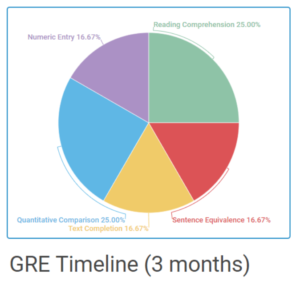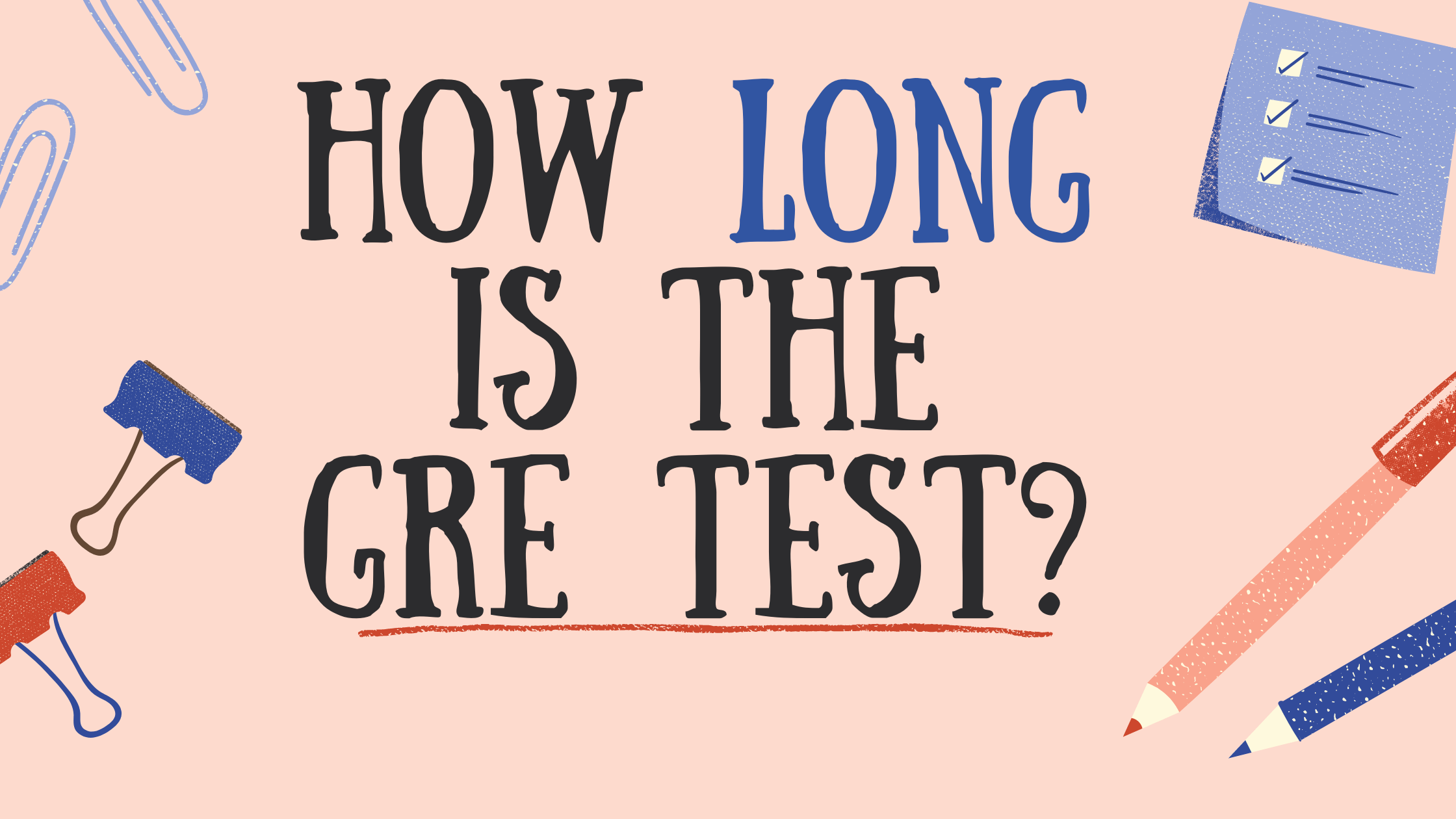In our last article, we discussed whether it is possible to improve the GRE score or not. We told you that it is very much possible to improve your score. In this series of articles, we will discuss strategies and techniques on how to improve your score. In today’s article, we will be focusing on a few basic underlying strategies that students get wrong when preparing for the GRE. One such component of your GRE prep is time.
Let’s say you have decided that you need to take the GRE exam; what is the first thing that you should do? Go online register for the test, and get a date for the test? The answer is NO. The first step should be to take a diagnostic test for which we have shared some resources. One of them is Scholar Den, where you can get a sense of your score. So, take that diagnostic test to assess where you stand. Once you have done that, only then will you get a sense of how much effort or time you need but this also depends on your goal.
Gap Analysis
So, essentially, what you want to do is figure out your GAP.
GAP = Target Score – Diagnostic Score (points)
The GAP is then directly proportional to your time
GAP (points) ∝ Time required for preparation (months)
The greater the GAP, the more time you need to prepare and fill in that gap. Give yourself enough time. Let’s say you identified your gap to be 30 points; a safe estimate to fill in on this gap would be six months. But this is only a general time frame; you need to be specific. Not only, the diagnostic test should you infer the gap but also the areas where you need improvement, based on that can you divide your time more efficiently.
Example
Following is an example of how I would go about it.
Based on the graph above, you can have a mathematical approach towards splitting your time into the areas you need improvement in. Let’s say you are weak in quantitative comparison and reading comprehension then you should spend more time on them. Being judicious, spending equal time on all things, or giving more time to stuff you are already good at would be going into a pitfall.
Summary
So, in a nutshell, do three things as soon as you decide that you have to go for the GRE.
- Take a diagnostic test
- Determine the GAP
- Split the GAP and see which areas need improvement
- Make a timeline based on the GAP and the split.
If you are still unsure about how to do the above, you can always contact our GRE experts, where you will be connected to a personal coach who will then help you figure out the gaps and work with you to map out a clear plan timeline.
Read on: How the shorter GRE is scored?










